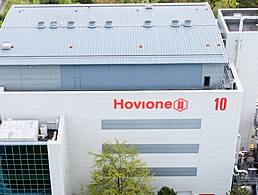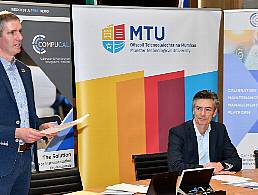Ireland’s Government has published a plan whereby it aims to fill 44,500 jobs for ICT professionals by 2018. The plan is to make Ireland the most attractive location in the world for ICT skills by that stage.
Under the plan, an extra 1,250 ICT undergraduate places will be made available annually from 2014, aimed at ensuring that three-quarters of job openings can be filled from the Irish education system by 2018.
There will also be a total of up to 2,000 work permits issued per year to ICT professionals with relevant skills in order to meet the demands of the industry, and there will be an increased focus on recent Irish emigrants and EEA nationals.
Under the Plan, it is aimed to meet 74pc of industry demands domestically for ICT professionals by 2018 – up from 45pc in 2011 and 60pc today.
This will be achieved through a number of measures, including promoting ICT careers to secondary and third-level students, creating more ICT skills conversion courses and the roll out of digital media literacy and coding courses in the new Junior Cycle Student Awards.
Other measures include creating a web portal, holding jobs fairs overseas, and deploying 450 volunteers from the tech industry to give talks in schools.
Making Ireland the most attractive location in the world for ICT skills
“The ICT sector is a key part of the Government’s Action Plan for Jobs, and over the past two years we have seen significant jobs growth in this area,” Minister for Jobs, Enterprise and Innovation Richard Bruton said.
“If we are to sustain and build on this, it is crucial that we deal with one of the biggest issues facing the ICT industry worldwide – skills shortages.
“We have set out the ambition of making Ireland the most attractive location in the world for ICT skills, and we are delivering on that through a combination of Irish educated people and talent from abroad.
“Through major changes, reforms already delivered and the new plan announced today, we can ensure that we continue to foster the growth of Irish companies and attract multinational companies in this area, and ultimately help deliver the jobs in Ireland that we so badly need,” Bruton said.




